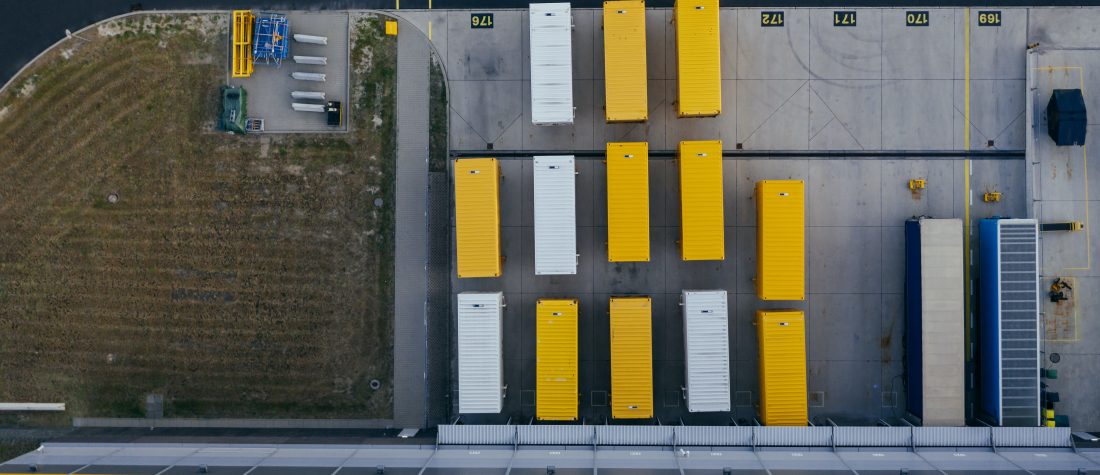This article is the fourth in a series of eight introducing the Liberal White Book: Europe 2030, the European Liberal Forum’s flagship publication highlighting the challenges that the EU faces and presenting a range of future policy options.
After the Second World War, a desire to rebuild pushed European nations to integrate their economies and form the European Economic Community (EEC). Over the following years the European way of life has signified stability, economic prosperity and a commitment to liberal values for millions of people. At the turn of the millennium, high living standards led to several waves of accession; new member states saw the benefits of life inside the EU and, in particular, of the internal single market.
However, the ongoing global economic crisis has made the future uncertain. The current state of the internal market – with its guaranteed free movement of goods, services, capital and workers – and the EU’s external trade policy with third countries must be scrutinised. A discussion around the varying approaches to these issues must be launched. A liberal roadmap, which brings in specific recommendations on practical solutions, must then be developed.
Whilst the integration efforts concerning directly enforceable rights have accomplished a great deal – especially after the Single European Act and the Maastricht and Lisbon Treaties – there is still work to be done. For three of those mutual guarantees (goods, services and workers), a few main areas stand out: the challenges of digitalisation, inconsistent policies in recognition of professional qualifications and the lack of an EU-wide migration policy towards foreign workers.
Technological transformations
The flow of digitalisation can only mean that labour patterns will become increasingly mobile – nomadic even – due to the increasing ease of finding business partners, job opportunities, products and services. In the coronavirus recovery period, these same advantages will apply to social services and the coordination of public health efforts. A shift to electronic procurement for the service economy is one step towards fairer and more sustainable growth. However, the acceptance of service providers (particularly their professional qualifications’ validity between member states) has not yet become as quick nor as expansive as it could be. Rules entitling expatriate workers within the EU to certain benefits and protections, such as unemployment, the establishment of the EU Labour Authority in 2019 and the “Youth Guarantee”, are all positive developments. However, more incentives for companies could be had if labour and trade unions held less political sway, or if there were uniformly enforced rules for legally resident workers who are citizens of non-EU countries.
Unity breeds strength
The EU’s foreign trade policy, especially through its role in the World Trade Organisation and a number of other free trade agreements, is relatively robust and – together with the internal market – is another successful outcome of economic integration. However, broader political problems outside the scope of trade threaten to weaken its position – especially considering those member states that decide not to act in cohesion toward strategic agreements. Brexit, the scrapped agreement with the USA during Trump’s administration, and other examples of unsuccessful attempts to reach important trade agreements, should remind us that Europe has to act as a single, unitary actor in order to make its voice heard.
Keep moving forwards
The internal market must keep up with the times. Salient issues include its digitalisation, the liberalisation of services and improving worker mobility. An increasingly dynamic environment means that new complications will continue to arise; there is also the potential for increased growth within global trade relations.
To protect the EU’s two most important achievements, we need to focus our efforts in four directions: firstly, improving the internal market’s day-to-day operations by broadening services and opportunities for third-country workers and strengthening centralised authority; secondly, laying a “future-proof” digital market plan for Europe and using legislative action to keep corporate taxation policies in check; thirdly, promoting free trade alongside a rules-based system for multilateral commerce; and finally, ensuring sustainability and public trust via unilateral tools to bolster the internal market.
The EU needs emboldened actions aimed at keeping the common market open and unfettered by neo-corporatist or protectionist interests whilst also advocating for its progressive modernisation. This must all be based on the same liberal values that have defined the European project from the beginning. These values are precisely what carried the EU through recent crises and will continue to serve it as a strong foundation in the future.


